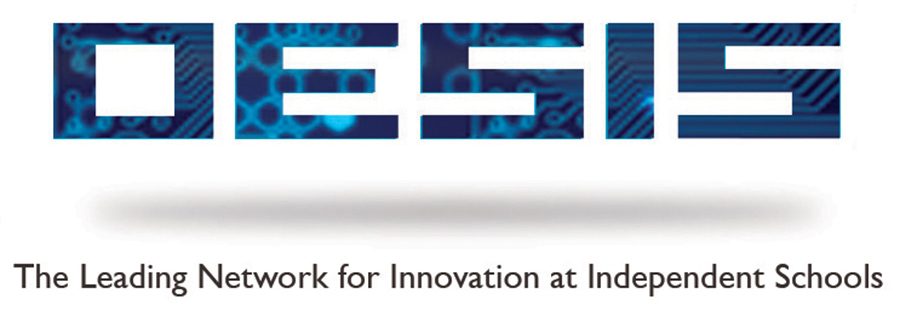
~ 5 minutes
In this Activate section, let’s begin by watching Josh Freedman of Six Seconds. As you watch, think about your experiences with strong emotions. How does what he is saying resonate with you? What new awareness can you take away from this?
Watch the following video.
![]() What are emotions and where do they come from? | Six Seconds (1.35 minutes)
What are emotions and where do they come from? | Six Seconds (1.35 minutes)
“It is only with the heart that one can see rightly; what is essential is invisible to the eye.”
~ Antione de Saint-Exupery
Watch these videos with more important information about emotions.
![]() In one minute: What is “Emotional Literacy” and How Can You Learn It? | Six Seconds (0.57 minutes)
In one minute: What is “Emotional Literacy” and How Can You Learn It? | Six Seconds (0.57 minutes)
When we learn a language, we develop literacy. Emotional Literacy is all about the language of emotion. This learnable skill makes a tremendous difference in the lives of children and adults.
![]() Three Essential Facts About Feelings | Six Seconds (1.41 minutes)
Three Essential Facts About Feelings | Six Seconds (1.41 minutes)
Did you know that emotions are actually chemicals in your body? Here are three facts everyone should know about emotions — so you can live and lead more powerfully.
Enhancing Emotional Literacy
Accurately identifying and understanding feelings.
Emotions are chemicals, a form of a neurotransmitter, that provide data about yourself and others; emotions are a feedback system delivering information that drives behavior and decisions. Emotional literacy is the capacity to access and interpret that data.
Emotional literacy helps you notice, name, and understand feelings. This provides critical information about you (and about others), which gives you insight into the core drivers of behavior. This understanding is also key to managing your reactions. Below are some suggestions for how to use your emotional literacy.
- Maintain a focus on EQ skills in daily discussions about issues. When a teacher/parent/administrator says, “We need kids to take more responsibility…” or “I wish we had more collaboration…” or “It’s time for us to do more community service…” (or anything!), ask: “What are the social-emotional skills that would help make this work well?”
- Because these skills are foundational, they will link to almost all “challenges” and “opportunities” that arise in daily discussion.
What if we didn’t see emotions as good or bad, but used them to help us grow and achieve our goals?

